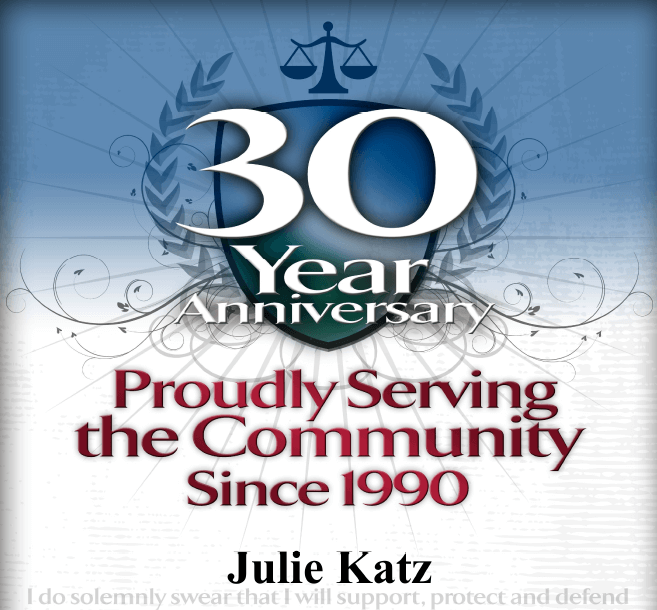By Julie Katz, published in Lawyer Monthly
Hostility between lawyers is one of the more unsettling trends in litigation today, as uncivil behaviour in the courtroom appears to be drifting closer to the norm.

Julie Katz, a highly experienced intellectual property litigator, remarks on how she has witnessed this shift in attorney attitudes first-hand and offers her insights as to how and why it should be reversed.
How have you observed incivility manifesting in intellectual property litigation?
I have observed and experienced a high level of incivility first hand in IP litigation, and I can only say that it makes an attorney’s job more difficult than it already is. We are engaged to advocate for our clients, which may require advocating zealously. What some attorneys seem to forget is that it is our client’s legal position for which we are fighting. When it gets personal, involving attacks that go beyond energetic representation, it does not advance the case for either party.
In fact, the entire tone of legal prose may be changing. Even emails or letters representing your views or those of your client have taken on increasing levels of edginess. Rather than taking issue with a position that opposing parties have staked out, many lawyers act as if the attorney on the other side is the target, attacking the advocate as “you” rather than parrying the position or the legal point of view.
When it gets personal, involving attacks that go beyond energetic representation, it does not advance the case for either party.
What sort of effect has this had on the sector? Do you see this affecting other areas of law?
It has had an effect on several levels. Uncivil conduct by attorneys during litigation increases the cost of the litigation. When there is overt hostility between counsel, negotiation tends to bog down and resolution becomes more difficult and time-consuming. Time may have to be taken solely to address the incivility in a case, further increasing the overall cost for a client, particularly if they are being charged by the hour.
On another level, an attorney who brings overtly aggressive behaviour to the court may cast a dim light on their own client, causing them to be seen less favourably. This can also jeopardise the credibility of the witnesses for that party. In my opinion, it is not a risk worth taking. A client may want me to take an aggressive line in a case, and that may be warranted, but personal attacks and ill manners in court not only go beyond zealous advocacy, but will likely be remembered by the presiding judge.
Why do you feel there has been an increase of incivility in this area?
The legal market is more competitive now, and attorneys who are naturally prone to win at any cost are perhaps feeling even greater pressure. Proper mentoring and training of young lawyers can sometimes take a backseat to the push for billable hour commitments. If you combine a lack of training with increased pressure, stress grows exponentially – and attorneys are not exactly known for dealing well with stress. So the profession as a whole suffers along with the art of being an attorney. Well-trained lawyers who normally pass on their skills to the next generation seem to be, unfortunately, falling by the wayside.

